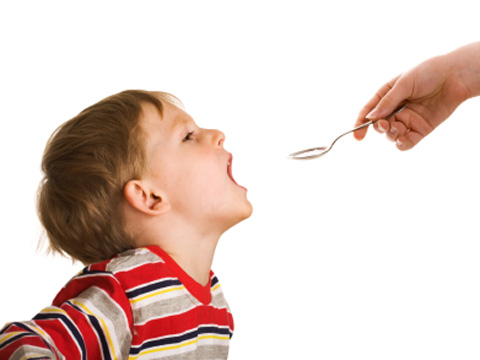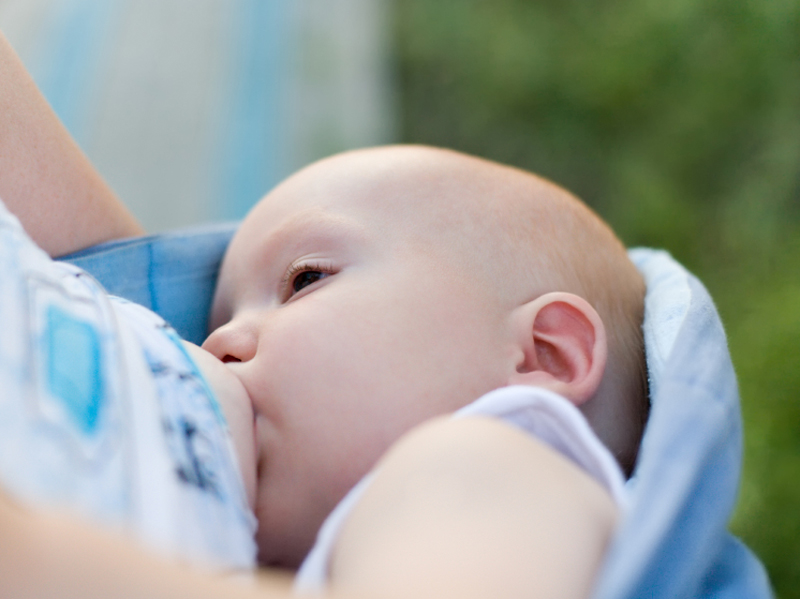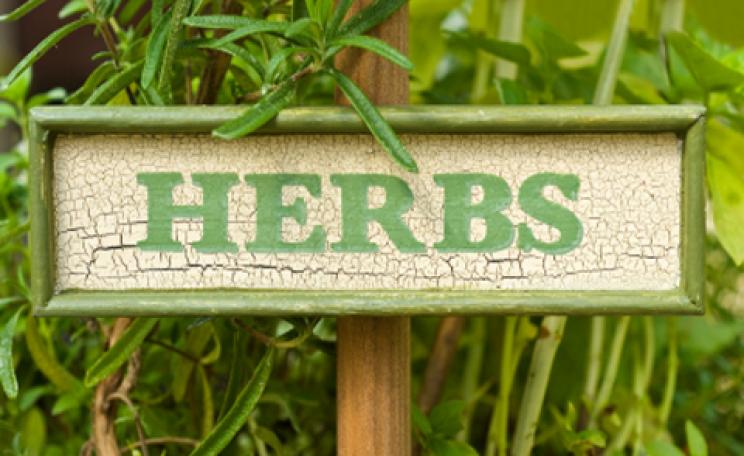Much as I would love to claim that my attempts to raise a green baby were born 100 per cent of a concern for climate change, I have to admit that they stemmed as much from the state of my bank balance. Like everyone else, I’ve been feeling the pinch. It struck me that eco-conscious parenting would not only be healthier for the planet and our child, but also would surely be cheaper.
For all that has been said about our gloomy economic climate getting in the way of environmental action – with a decline in organic sales cited, along with questions about whether our household recycling is still in demand – I believe the opposite. Current financial conditions make the perfect reason to embrace a planet-friendly lifestyle. At the heart of being green is using fewer resources and living more lightly on the planet. It is just such an approach that will save you money. If ever there was a time to join a car club, holiday in the UK, plant a row of lettuces and turn leftovers into dinner, it is now. The same goes for having a baby. Some may smirk at the concept of a green baby – given the extra set of footprints you are contributing to the world – but there is much you can do to ensure that you and your child tread lightly, while saving yourself a fortune along the way.
Stuff and nonsense
One reason why starting a family is often assumed to be about as eco-friendly as bringing home a patio heater is because you plunge into a world that requires vast quantities of stuff for remarkably short periods of time. From baby clothes to buggies and bouncers, many parents end up embarking on a marathon spending spree, only to find that their little darling grows out of everything a few months down the line. Two things to remember: first, you don’t need as much as you think (whatever the baby catalogues will have you believe), and second, much of it can be found secondhand. This is when Freecycle comes into its own. I’ve met parents who have furnished their baby’s room entirely from items picked up on the online recycling forum (to find your
nearest group, visit www.freecycle.org).
Plus there are nearly new sales organised by the NCT (National Childbirth Trust) and websites such as Nappyvalley.co.uk and Gumtree.com advertising secondhand gear. It is also surprising what will wind its way to prospective parents once word gets out that they are entering baby world. Anyone who has had children knows how useful it is to receive a bag of baby clothes or toys, either on loan or to keep.
The other approach that has worked for me is remembering the art of improvising. One of my son’s favourite toys is a rattle made from a small Ribena bottle half-filled with dried chickpeas. With the lid tightly screwed on, it makes a satisfying noise when shaken and it’s easy for a small baby to hold. Similarly, old t-shirts can be chopped up and turned into bibs; towels can be cut into terry towelling squares and you can even experiment with an item we named a ‘puke poncho’, made from a square of old towel with a hole cut in the middle for the baby’s head. For anyone who ends up with a sickie baby (you have my sympathies) it’s a must-have accessory.
Another unlikely eco saviour comes in the form of the internet. Going online – whether to bid for baby goods on eBay, to reassure yourself about something on parenting forum Mumsnet.com or to sit your baby in front of one of the Baby Einstein videos available on YouTube – saves you money, cuts down on shopping trips and travel costs, and enables parents to gather information without having to fork out for a load of childcare manuals.
It’s easy to find yourself thinking that your child will have a better start in life if you’ve splashed out on the latest digital bedroom thermometer and enough baby toiletries to fill the bath, but if anything the opposite is true. Less is best, especially with products. A baby’s skin is six time thinner than an adult’s and contains lots of natural oils and moisture. Many cosmetics created for babies interfere with this and contain worrying ingredients such as parabens and phthalates. The less of them the better. Buying less also enables you to spend more on what you do choose. I prioritise suncream and nappy rash cream, preferring to spend above average on mineral-based and organic lotions such as those made by Weleda and Lavera.
There are times, however, when it seems being a green parent becomes the preserve of the wealthy. It’s one thing buying the odd tube of lotion, but when it comes to baby food and clothes, the organic choice is out of many people’s price league. Rather than cough up for jars of mush from the supermarket, it pays to make you own, whether or not you can afford to buy organic vegetables. You’ll end up with less waste, too.
Battling the bills
Another battle I’ve had is keeping bills down. Not only do you find yourself at home more than usual with a small person to care for, thus inflating your energy consumption, but the sheer quantity of washing is enough to raise your electricity bill. It’s not just baby clothes but milk-stained mummy clothes. Bibs help, as does an eco approach to laundry based on lower temperatures and avoiding the tumble dryer, but sometimes you have to accept that you are simply using energy that you would otherwise have consumed at your work place or elsewhere. Unfortunately, this means it is you paying for it.
The fact is, being a green parent isn’t all plain sailing. I’ll be the first to admit failures, including one involving a major tenet of green parenting. After several bouts of nappy rash, I gave up using washable nappies on my son and resorted to the disposable option. To ease my guilt, I buy Moltex Eco nappies, made from sustainable, eco-friendly materials. I’m consistently shocked at the impact this has had on my landfill waste. I’m also short of time to tend my vegetable patch and I’ve horribly neglected my wormery – but I don’t believe in being too hard on myself. It’s tough enough coping with the sleepless nights and the added responsibility of being a parent without beating yourself up if a few eco habits are compromised. My hope is that things will settle down. Give it a few years and I should have more time, and will have perfected my green parenting skills. Or that’s what I tell myself. The best part is that I’ll have a little helper to assist me in the garden or with the compost heap. The thought of which makes it all worth it.
Anna Shepard is an award-winning freelance journalist
For ethical and sustainable suppliers of products for children check out the Ecologist Green Directory here
| READ MORE... | |
 |
GREEN LIVING Behind the Label: Calpol The season of flu (and fear of swine flu) is upon us. But before you reach for this sticky pink cocktail dished out by doctors and parents as a cure-all for children, think again... |
 |
INVESTIGATION Breastmilk vs 'formula' food Humans have been breastfeeding for nearly half a million years. It’s only in the last 60 years that we have begun to give babies highly processed convenience food called ‘formula’. Pat Thomas investigates |
 |
GREEN LIVING How to reduce toxins and 'green' your baby's nursery Is it enough to trust your nose when it comes to decorating your baby's nursery? A new project tests toxin levels and provides tips on reducing harmful chemicals in your baby's room |
 |
GREEN LIVING Reusable nappies Do you want the best for your baby, but don’t want to harm the environment? Then use reusable nappies. Contrary to popular belief, modern reusables are cheaper and more hygienic than disposables, and you won't have to spend hours cleaning them. |
 |
NEWS FSA ‘ignoring’ evidence on baby bottle chemical bisphenol-A Health campaigners say suspected hormone disrupter should be banned in baby bottles food and drink containers |





